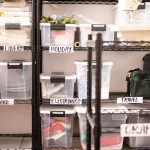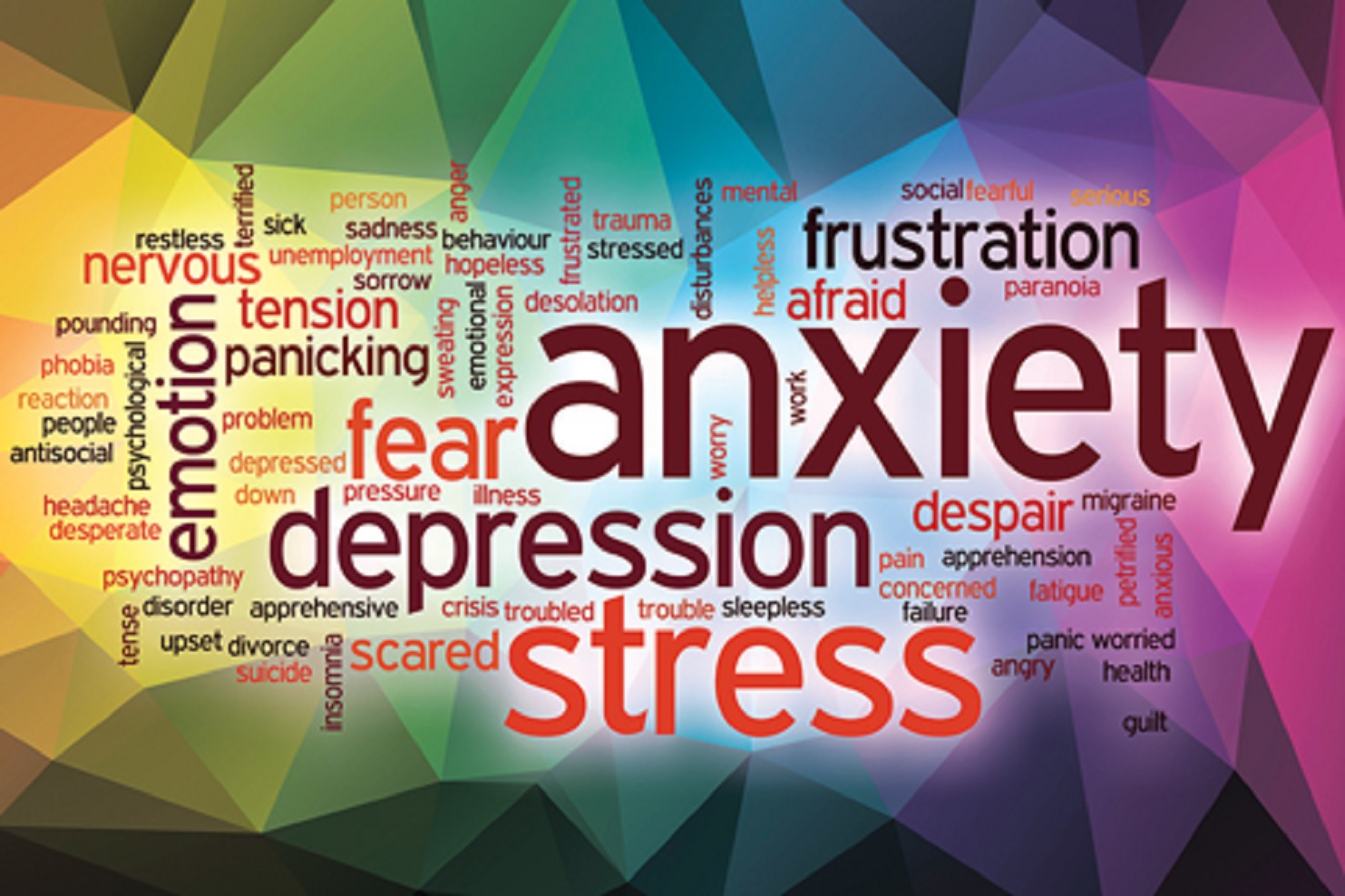
More than three-quarters of South Florida residents feel that Covid-19 and related concerns such as rising unemployment and social isolation have impacted their mental health, with nearly half resorting to alcohol or drugs for relief, according to a recent survey from The Recovery Village, an addiction treatment center headquartered in Umatilla, FL, which operates drug and alcohol rehab centers in Miami, Lake Worth and Atlantis in partnership with Baptist Health South Florida.
In response to the building mental health crisis, Miami-Dade County commissioners last week passed a resolution directing Mayor Carlos Giménez’s office to devote $1 million to creating and implementing a plan to expand mental health services for county residents.
In the Recovery Village survey of 500 adults in Miami-Dade, Broward and Palm Beach counties, 78% said the pandemic had affected their mental health, with 35% rating the impact as significant.
Feelings of anxiety, reported by 75% of respondents, ranked highest among symptoms of declining mental health, followed by depression or loneliness (69%), sleep issues (48%) and anger (45%). For 60% of those surveyed, these symptoms were new. More than half who did have symptoms before said they are more intense than in the past.
“South Floridians are demonstrating an urgent need for mental health intervention,” said Stacey Henson, Recovery Village’s community outreach coordinator.
However, the study showed that, rather than seek professional help, many are self-medicating with various substances to cope with increased levels of stress or mental health symptoms.
“One thing that often happens with mental issues,” Ms. Henson said, “is that when coping mechanisms such as exercise or talking with friends are not working, people fall back into old patterns such as substance abuse.”
In South Florida, 44% of those surveyed reported an increase in alcohol consumption, with 18% reporting a significant increase, while 48% of drug users reported an uptick in consumption, with 20% characterizing that increase as significant.
The most common substances currently in use are alcohol (82%), marijuana (42%), prescription opioids (18%), cocaine (17%), benzodiazepines such as Xanax (16%), and prescription stimulants such as Adderall (15%).
When asked if they thought they should decrease their current substance use, 52% of respondents felt they should cut back on their alcohol consumption, and 60% said they should rein in their drug use.
Prevention, Ms. Henson says, is the best way to stop addiction. “Getting help with managing mental health symptoms or support for stopping substance abuse are important ways to invest in overall health and well-being,” she said.
“We offer a full spectrum of care,” Ms. Henson said, , “including telehealth for ongoing outpatient treatment and teletherapy for substance use and mental health conditions.”
Without interventions, substance abuse issues are likely to plague South Florida long after the pandemic is over.
“It’s clear that mental health struggles are affecting how we live,” Ms. Henson said. “How do we cope with something we’ve never coped with in living memory?”
Details: therecoveryvillage.com
Credit: miamitodaynews





